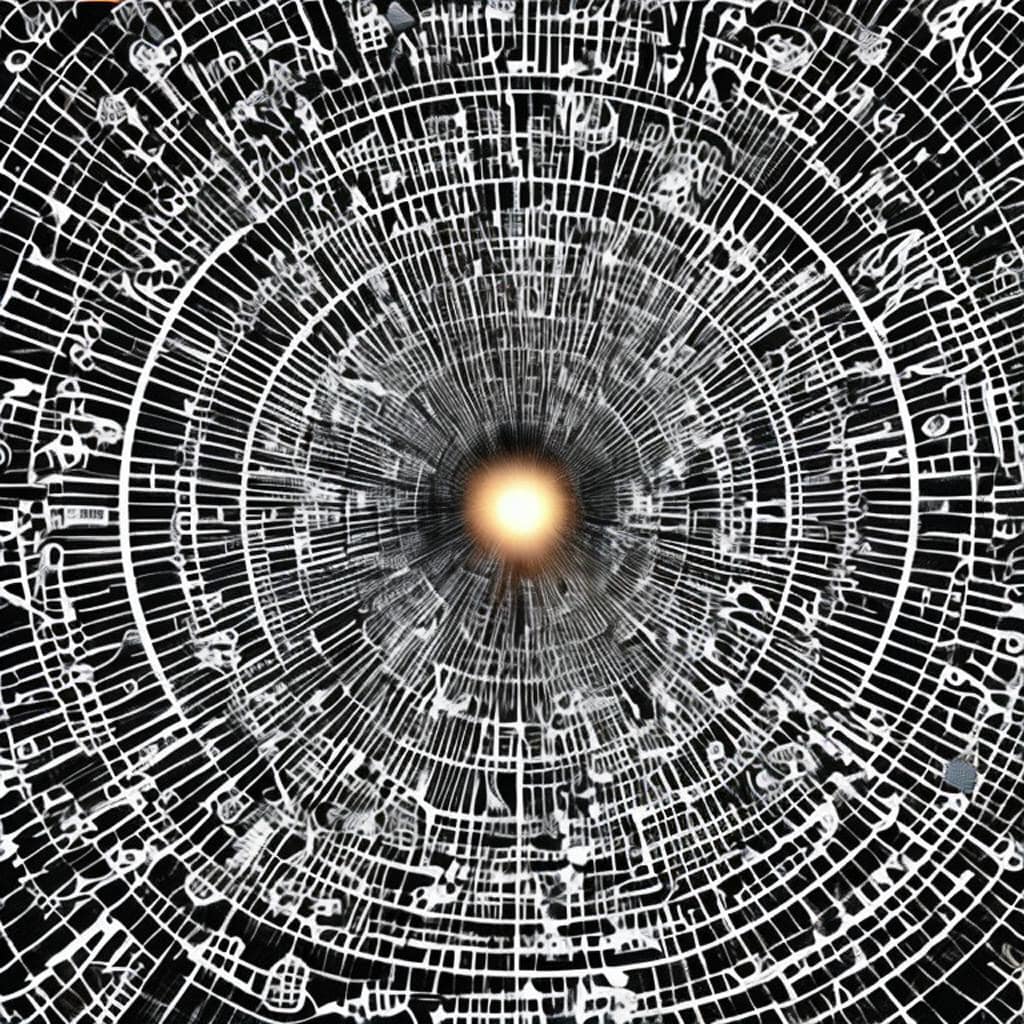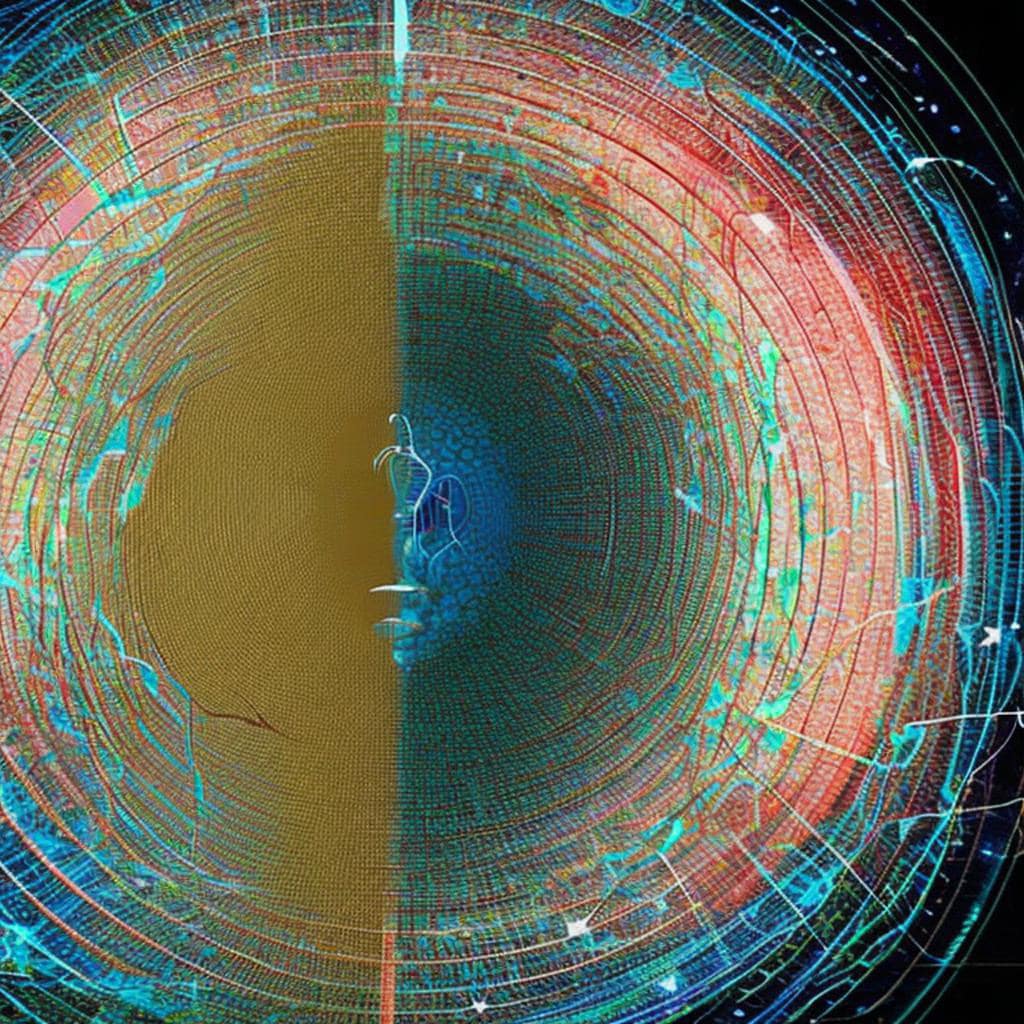Definition of consciousness in several fields of application of science
The definition of consciousness can vary depending on the field of study and the specific context. Here are some definitions of consciousness in several fields of application of science:
Psychology
In psychology, consciousness is generally defined as the state of being aware of one’s surroundings and one’s own mental processes, thoughts, and feelings. It is often studied in terms of attention, perception, and self-awareness.
Neuroscience
Neuroscience seeks to understand the biological basis of consciousness. In this field, consciousness is typically defined as the integrated experience of subjective awareness, attention, and perception that arises from the activity of the brain.
Philosophy
Philosophers have debated the nature of consciousness for centuries. Some define consciousness as the subjective experience of being alive, while others see it as the ability to be aware of one’s surroundings and have thoughts and feelings.
Computer Science and Artificial Intelligence
In computer science and artificial intelligence, consciousness is often defined in terms of the ability of a system to process information and respond to stimuli in a way that mimics human consciousness.
Quantum Physics
In quantum physics, consciousness is sometimes defined as the observer effect, in which the act of observing a particle affects its behavior. Some researchers in this field have speculated that consciousness may be a fundamental aspect of the universe itself.
Medicine
In medicine, consciousness is often defined in terms of the level of awareness a person has of themselves and their surroundings. This can range from full consciousness, in which a person is fully awake and aware of their surroundings, to altered states of consciousness, such as coma or anesthesia.
Anthropology
Anthropologists study the cultural and social dimensions of consciousness, including how different societies define and understand consciousness. This can include beliefs about the afterlife, spiritual practices, and rituals related to altered states of consciousness.
Sociology
In sociology, consciousness can refer to the awareness that individuals have of their social and political context, as well as their role within that context. This can include awareness of issues related to power, inequality, and social justice.
Ethics
In ethics, consciousness is often linked to questions about the moral status of beings. For example, some argue that consciousness is necessary for beings to have moral worth or that certain actions are unethical because they affect the consciousness of others.
Linguistics
Linguists study how language and communication shape our consciousness and our understanding of the world. This includes examining how language influences our thoughts, perceptions, and beliefs about reality.
Cognitive Science
In cognitive science, consciousness is often defined as the ability to be aware of one’s own mental processes and to direct attention toward certain stimuli. It is studied in terms of cognitive processes such as perception, attention, and memory.
Education
In education, consciousness can refer to the awareness and attention that students bring to their learning. It may also include practices aimed at increasing mindfulness and self-awareness to enhance academic performance.
Art
In art, consciousness is often explored through the expression of different states of consciousness, such as dreams, altered states, and meditative states. It may also include the study of how artistic practices can influence or express different states of consciousness.
Environmental Science
In environmental science, consciousness can refer to the attitudes and perceptions that people have toward the natural world, as well as their sense of connection to the environment.
History and Cultural Studies
In history and cultural studies, consciousness is often studied in terms of how conceptions of the self and consciousness have evolved over time and across cultures. It may also include the study of how culture and social structures shape consciousness.
These definitions are not comprehensive and that there may be additional definitions of consciousness in each of these fields, depending on the specific context and approach of the researchers. There is ongoing debate and discussion in each of these fields about the nature and definition of consciousness.
Table summarizing the definitions of consciousness in various fields of application
| Field of Application | Definition of Consciousness |
| Psychology | The state of being aware of one’s surroundings and one’s own mental processes, thoughts, and feelings. |
| Neuroscience | The integrated experience of subjective awareness, attention, and perception that arises from the activity of the brain. |
| Philosophy | The subjective experience of being alive or the ability to be aware of one’s surroundings and have thoughts and feelings. |
| Computer Science and Artificial Intelligence | The ability of a system to process information and respond to stimuli in a way that mimics human consciousness. |
| Quantum Physics | The relationship between the observer effect and consciousness, or a potential new way of thinking about the mind-body problem. |
| Medicine | The level of awareness a person has of themselves and their surroundings. |
| Anthropology | The cultural and social dimensions of consciousness, including beliefs about the afterlife and spiritual practices. |
| Sociology | The awareness that individuals have of their social and political context. |
| Ethics | The moral status of beings or the effects of certain actions on the consciousness of others. |
| Linguistics | How language and communication shape our consciousness and our understanding of the world. |
| Cognitive Science | The ability to be aware of one’s own mental processes and to direct attention toward certain stimuli. |
| Education | The awareness and attention that students bring to their learning, as well as practices aimed at increasing mindfulness and self-awareness to enhance academic performance. |
| Art | The expression and exploration of different states of consciousness, as well as the study of how artistic practices can influence or express different states of consciousness. |
| Environmental Science | The attitudes and perceptions that people have toward the natural world, as well as their sense of connection to the environment. |
| History and Cultural Studies | The study of how conceptions of the self and consciousness have evolved over time and across cultures, as well as the role of culture and social structures in shaping consciousness. |
Note that these definitions are not comprehensive and that there may be additional ways in which the study of consciousness overlaps with these fields.
Table that focuses on the intersections between different fields of application and their shared interest in consciousness
| Intersection of Fields | Shared Interest in Consciousness |
| Psychology & Neuroscience | The biological and cognitive processes that underlie consciousness. |
| Neuroscience & Philosophy | The relationship between the brain and consciousness, as well as questions about the nature of consciousness itself. |
| Philosophy & Computer Science / Artificial Intelligence | The possibility of creating artificial consciousness or understanding the nature of consciousness through computational models. |
| Philosophy & Quantum Physics | The mind-body problem and the potential role of consciousness in the fundamental nature of reality. |
| Anthropology & Sociology | The cultural and social dimensions of consciousness, including beliefs, values, and social structures that shape how we understand consciousness. |
| Sociology & Ethics | The relationship between consciousness and social justice, as well as the ethical implications of consciousness research. |
| Medicine & Ethics | The ethical implications of altering or studying consciousness in medical contexts. |
| Linguistics & Psychology / Philosophy | The role of language in shaping our consciousness and understanding of the world. |
| Cognitive Science & Psychology / Neuroscience | The cognitive processes and neural mechanisms underlying consciousness, including perception, attention, and self-awareness. |
| Education & Psychology / Neuroscience | The impact of consciousness and attention on learning and academic performance, as well as the potential benefits of mindfulness practices. |
| Art & Philosophy / Psychology | The relationship between consciousness and creativity, as well as the expression and exploration of different states of consciousness through artistic practices. |
| Environmental Science & Sociology / Philosophy | The relationship between consciousness and our perceptions of the natural world, as well as the ethical implications of environmental consciousness. |
| History & Cultural Studies & Philosophy / Anthropology | The evolution of conceptions of consciousness and selfhood over time and across cultures, as well as the role of culture and social structures in shaping consciousness. |
These intersections are not exhaustive, and there may be additional fields of application or intersections that are relevant to the study of consciousness.

Text with help of openAI’s ChatGPT Laguage Models & Fleeky – Images with help of Picsart & MIB
Thank you for questions, shares and comments!
Share your thoughts or questions in the comments below!






